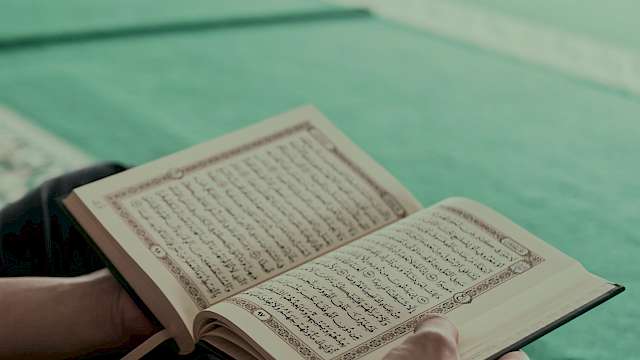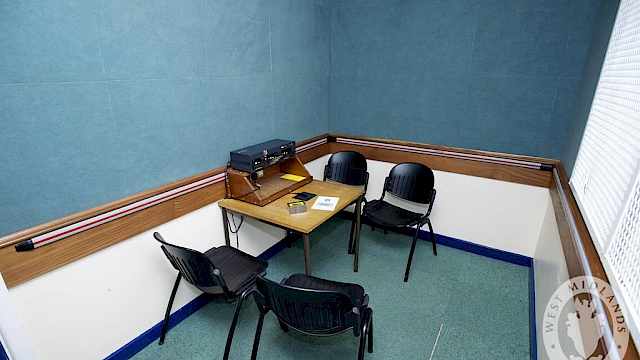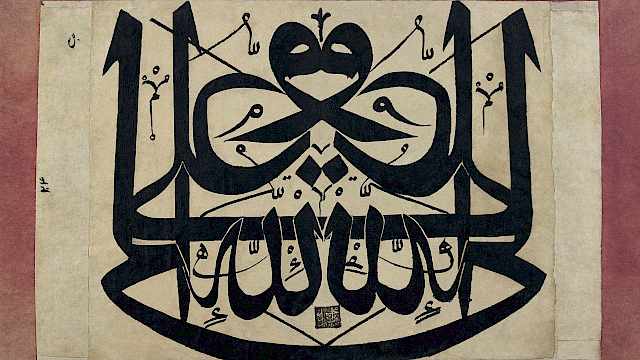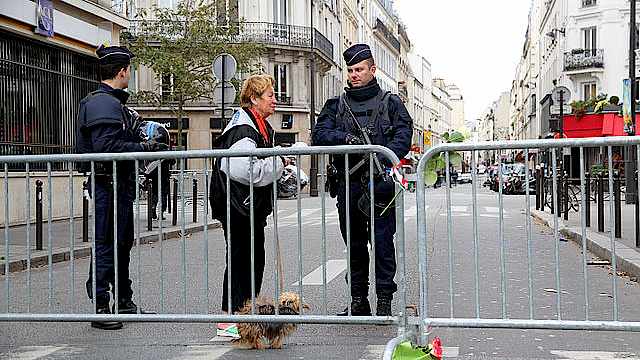Matthew Francis
Professor of Practice, Coventry University.
Matthew’s research concentrates on non-negotiable beliefs and values. He is interested in theories of the sacred and Durkheimian explanations of the role religion plays in society. In particular he has focused on understanding the role played by non-negotiable, or sacred, beliefs and values in discourses that seek to motivate or justify violent action. His research has mapped the significance of sacred beliefs in public statements made by groups, in particular through in-depth analyses of groups such as Aum Shinrikyo, al Qaeda, the Red Army Faction, Agonshu, the Student Non-violent Coordinating Committee and Hizb ut-Tahrir.







